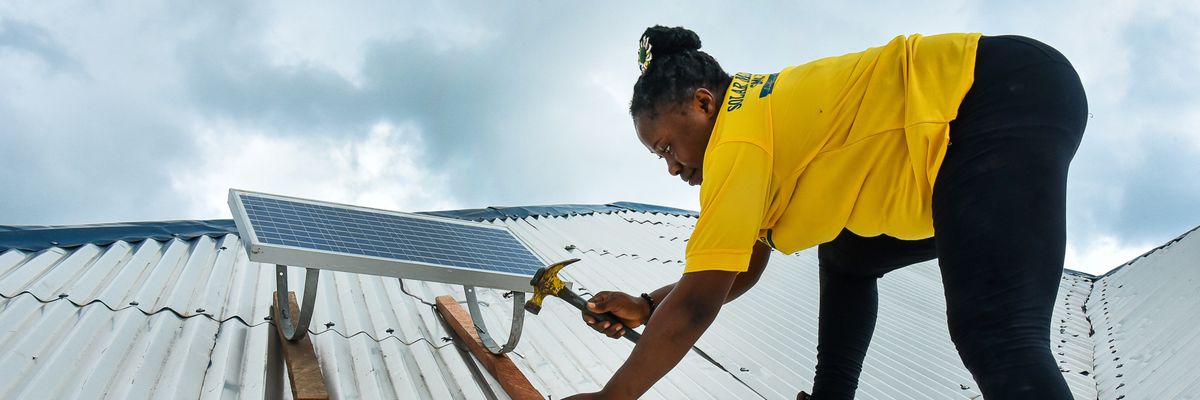As the world confronts the climate crisis, the question is no longer whether we transition to a green economy—but how. For many, a “just transition” means ensuring fossil fuel workers aren’t left behind. But a broader vision is needed: one that includes the unemployed, Indigenous peoples, youth, and communities in the Global South who are most vulnerable yet least responsible for climate change.
A new paper by Patrick Brown and Tomás Paes de Carvalho proposes a compelling solution: a Global Commons Fund—an international Sovereign Wealth Fund (SWF)—that redistributes carbon revenues through a Universal Basic Income (UBI) and targeted climate investments. At the heart of this proposal is a reimagining of SWFs as tools not just of national savings, but of global justice.
Turning Fossil Wealth into Shared Security
Sovereign Wealth Funds are typically created by governments to manage income from nonrenewable resources. But Brown and Carvalho argue they can do more: By capturing and investing the economic value of fossil fuel extraction, SWFs can support social equity and climate resilience for generations to come.
Instead of asking how can we afford a just transition?, it shows how we can design it to pay for itself—and for everyone.
In Brazil, the cities of Maricá and Niterói have shown how local SWFs funded by oil royalties can sustainably finance basic income programs. These funds serve as buffers against the volatility of fossil fuel revenues and ensure long-term support for vulnerable populations. But while inspiring, these examples are hard to replicate without access to similar resources.
That’s where the Global Commons Fund comes in.
Cap and Share: A Global SWF for a Global Problem
The Global Commons Fund is the backbone of the “Cap and Share” model developed by the nonprofit Equal Right. This proposal calls for:
- A legally binding cap on global fossil fuel extraction,
- A carbon charge on extraction licenses, and
- The creation of a global SWF to manage and redistribute the revenue.
This fund would operate like a traditional SWF but with an explicit justice mission: investing in global climate solutions while distributing cash dividends equally to all people. Initial payments would start at around $30 per month and grow over time, with projections estimating up to $5 trillion in annual revenue. A portion of the fund would also support climate grants targeted to the most affected communities.
By anchoring the just transition in a global financial structure, the Global Commons Fund democratises the proceeds of decarbonization. It transforms what is now a source of corporate profit and environmental destruction into a shared public good.
Why SWFs Matter Now
The brilliance of this approach lies in its long-term logic. Unlike short-lived aid or compensation schemes, SWFs—especially when transparently governed and ethically invested—create intergenerational equity. They ensure that today’s transition doesn’t come at the expense of tomorrow’s stability.
Brown and Carvalho’s proposal turns the usual climate finance conversation on its head: Instead of asking how can we afford a just transition?, it shows how we can design it to pay for itself—and for everyone. The Global Commons Fund makes clear that SWFs, retooled for justice and sustainability, could be the key to a fairer climate future.




